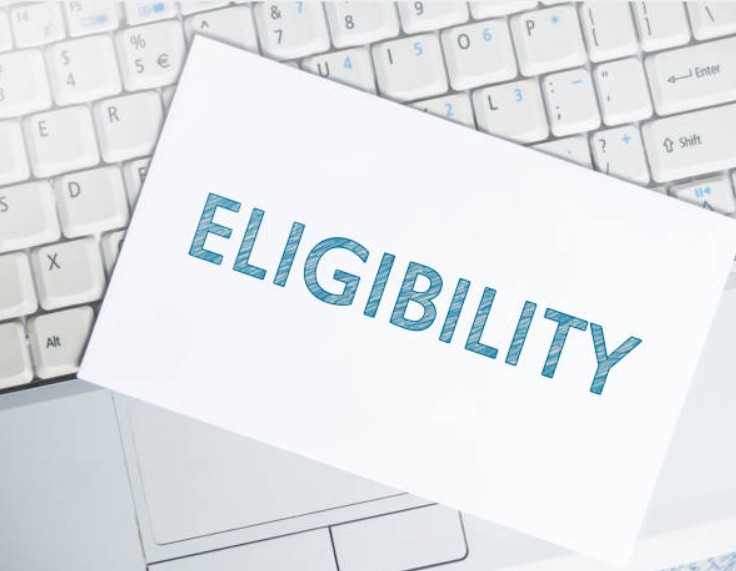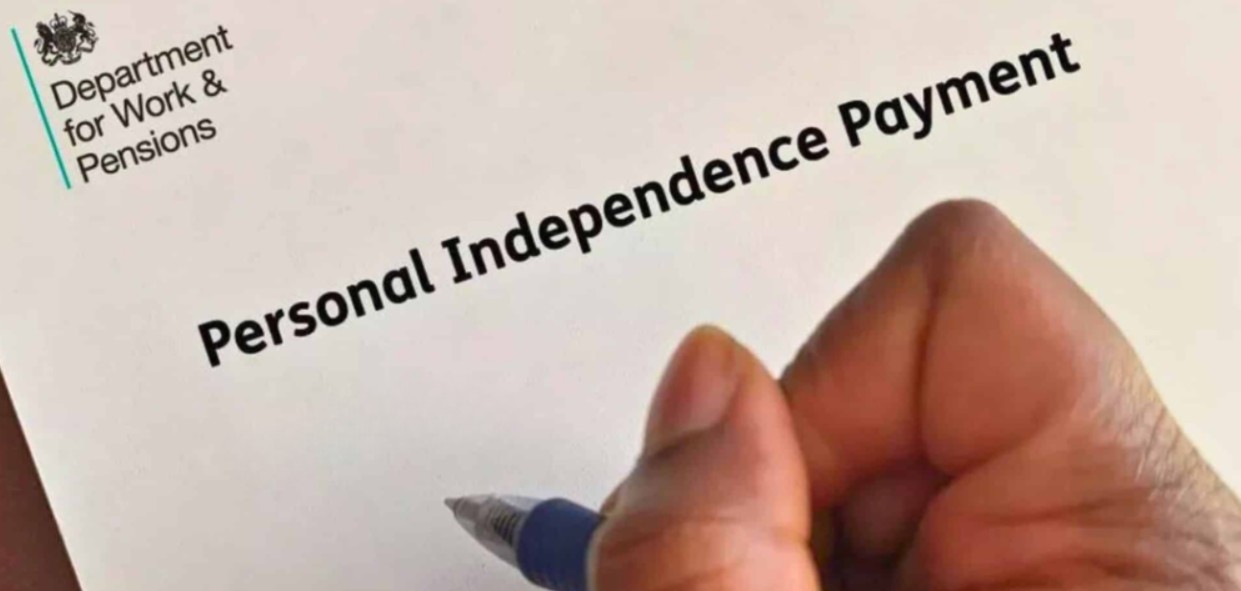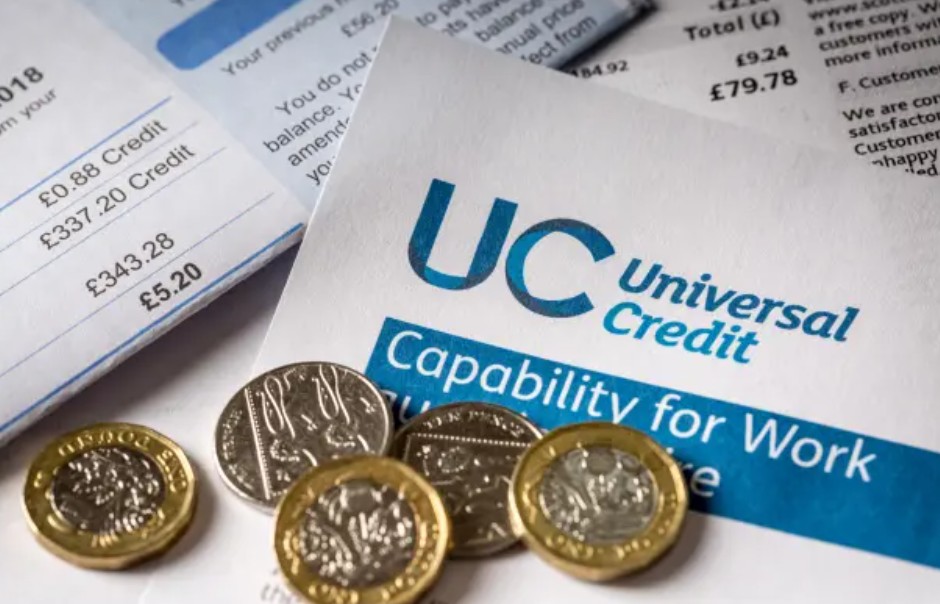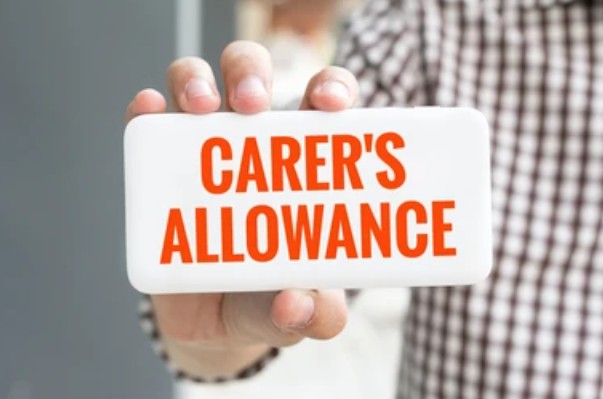A Complete 2025 Guide to Carers’ Rights, Alternatives, and Personal Support in the UK
If you are living in the UK with a disability, chronic illness, or health condition that requires ongoing care and support, you may find yourself managing life alone or with very little help. Understandably, one of the most common questions asked in these circumstances is: “Can I claim Carers Allowance for myself?”
This question speaks to a very real issue many people face: the burden of self-care under difficult health conditions. It reflects the reality of individuals who, due to personal circumstances or lack of external assistance, must navigate daily life unaided despite requiring care.
So let us begin by addressing this fundamental question directly: No, you cannot claim Carer’s Allowance for caring for yourself.
While this answer may seem frustrating, it is based on the legal and structural definitions that underpin the UK benefits system. However, that is not the end of the conversation. This article explores why the system works this way, what support is available instead, and how individuals living independently with care needs can still access essential financial and practical help in 2025.
What is Carer’s Allowance in the UK, and who is eligible to receive it?
Carer’s Allowance is a benefit designed to support individuals who provide unpaid care to someone else who has a disability, illness, or health condition. It exists to help people who have taken on caregiving responsibilities that might otherwise reduce their ability to work or earn a full income.
Eligibility Criteria for Carer’s Allowance (As of 2025)

To qualify for Carer’s Allowance in the UK, you must meet several key conditions:
- You must be aged 16 or over.
- You must spend at least 35 hours per week caring for someone else.
- The person you care for must be receiving a qualifying disability benefit, such as Personal Independence Payment (PIP), Disability Living Allowance (DLA), or Attendance Allowance.
- Your earnings must be £151 or less per week after tax, National Insurance, and allowable expenses.
- You must live in the UK and meet residence and immigration status requirements.
- You must not be in full-time education.
The standard weekly rate for Carer’s Allowance is £81.90 as of April 2025. It is typically paid every four weeks, though weekly payments can be arranged in some cases.
It is important to note that Carer’s Allowance can affect other benefits you and the person you care for receive. It is considered a taxable benefit and may reduce entitlement to other income-based benefits.
Can I Claim Carer’s Allowance for Myself?
No, the UK government does not allow individuals to claim Carer’s Allowance for looking after themselves.
The policy framework behind Carer’s Allowance is based on the idea of two separate roles:
- The carer — the person who provides unpaid support.
- The cared-for individual — the person receiving care due to a qualifying disability or condition.
These roles must be filled by two distinct individuals. You cannot simultaneously be both the carer and the person receiving care, which means that self-care, no matter how intensive or difficult, does not qualify under this benefit.
Even if you manage every aspect of daily life alone while dealing with significant medical or mental health challenges, this does not meet the criteria set by the Department for Work and Pensions (DWP) for Carer’s Allowance.
Why Doesn’t the System Recognise Self-Care for Carer’s Allowance?
This is one of the most commonly asked questions by individuals with high personal care needs. The distinction is not based on dismissing the difficulty of self-care. Rather, it is rooted in how the UK’s benefits are structured.
Carer’s Allowance is meant to support unpaid caregivers who step in to help another person, often a relative or friend, with their day-to-day life. It is a recognition of the fact that caring for someone else can prevent that carer from earning a full income, and it provides a basic financial safeguard.
If someone is managing their own disability or long-term condition, the system assumes their support should come from other types of benefits that are designed for individual care needs.
These include:
- Personal Independence Payment (PIP)
- Attendance Allowance
- Employment and Support Allowance (ESA)
- Universal Credit with a disability component
- Local authority care services
This structure is not necessarily perfect or comprehensive, but it is designed to provide different forms of support depending on whether someone is caring for others or in need of care themselves.
What if I Have a Disability and Also Care for Someone Else?
One important distinction must be made: having a disability does not automatically prevent you from being a carer.
It is possible to be eligible for Carer’s Allowance even if you have your own health conditions, as long as you are capable of providing the required care to someone else.
For example, a person living with chronic fatigue syndrome or arthritis may still be the primary carer for a parent with dementia or a child with severe autism. If you are providing at least 35 hours per week of care and meet all other criteria, you may still qualify.
However, this situation is nuanced. Your eligibility may depend on how your disability affects your ability to provide care, and it is always advisable to seek advice from a welfare rights adviser or Citizens Advice Bureau to ensure your claim is valid and well-supported.
Can Two People Claim Carer’s Allowance for Each Other?
In theory, two individuals can claim Carer’s Allowance for each other, but this is a rare and complex situation. It typically involves couples or relatives who both have qualifying disabilities and both provide significant care to the other.
However, such arrangements are scrutinised closely by the DWP to prevent abuse of the system. The care provided must be real, necessary, and distinct — not simply mutual cohabitation or ordinary shared living responsibilities.
Often, these claims are reviewed or denied due to the perception that the care is not sufficient or distinguishable enough to meet the formal definition required by the system.
It is highly recommended to seek formal advice before submitting a claim in which both individuals are each other’s carer, as mistakes can result in overpayments, penalties, or denial of claims.
What If I’m Caring for Myself and Need Financial Support?
While Carer’s Allowance is not available for self-care, the UK offers a wide range of alternative benefits specifically designed to support people living with disabilities or long-term health conditions.
Personal Independence Payment (PIP)

PIP is the most well-known and widely accessed benefit for individuals aged 16 to State Pension age who require assistance with daily living or mobility due to a health condition.
PIP is assessed based on how your condition affects your ability to perform tasks such as:
- Preparing and eating food
- Washing and bathing
- Managing medications
- Making financial decisions
- Moving around safely
You do not need to have a carer or even be receiving formal care to qualify.
Attendance Allowance
This benefit is available to individuals over the State Pension age who need help due to physical or mental disabilities. Unlike PIP, Attendance Allowance does not include a mobility component, but it supports those who need help with personal care or supervision.
You do not need someone to be actively caring for you to apply.
Employment and Support Allowance (ESA)
ESA is for individuals who cannot work due to illness or disability. It can be income-related or contribution-based and includes support for individuals who are preparing for a return to work or who are permanently unable to work.
Universal Credit with Disability Elements

Universal Credit includes specific components for those with limited capability for work or limited capability for work and work-related activity (LCWRA). These elements increase your monthly payment if your health prevents you from working or earning full time.
Local Authority Social Care Support
You are entitled to request a care needs assessment from your local council, which can lead to a personalised support plan. Depending on the outcome, this may include:
- Home care visits
- Financial support for care costs
- Mobility aids and home adaptations
- Personal care budgets you can manage yourself
Additional Support Options
Charitable Grants
Many charities offer one-time grants for essential items, transport, energy bills, or even holidays and respite care. Organisations such as Turn2Us, Scope, Macmillan, and Family Fund maintain databases of available grants.
Council Tax Reductions
You may be eligible for a reduction or exemption from council tax if you are disabled or live alone.
Free Travel and Energy Support
You may qualify for travel discounts (such as a Disabled Persons Railcard), priority access to utilities during power cuts, or discounted energy rates.
Conclusion: You May Not Qualify for Carer’s Allowance — But You Are Not Without Support
The simple answer is no — you cannot claim Carer’s Allowance for looking after yourself. The benefit is legally structured to apply only when caring for another individual.
However, that does not mean you are left out of the system. The UK offers a range of targeted, tailored benefits that exist specifically to help people in your position. Whether you need help with daily living, financial security, medical support, or personal care, there are mechanisms in place — even if navigating them can be challenging.
If you are living with a disability or long-term condition, it is worth exploring all your options, using benefit calculators, speaking to a welfare adviser, or visiting your local Citizens Advice.
Self-care is not invisible. It is essential — and it is recognised. Even if not by Carer’s Allowance.

Leave a Reply